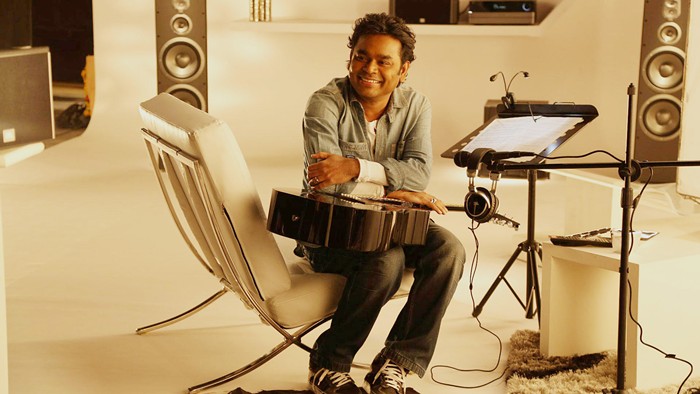I never really understood Bollywood until I watched Lagaan: Once Upon a Time in India in 2001. I weirdly watched it in a hotel room in Reno, Nevada. After visiting the university in town (to check my e-mail), and pulling a few loose slots (I lost $3.25), I returned to the hotel room, threw myself on the bed, and with the remote turned on the TV. A Bollywood movie appeared. It had just begun. I was so surprised that I watched it long enough to discover the genius of A.R. Rahman.
The film is about Indian villagers who have to learn in a very short amount of time the complicated sport of their British masters, cricket, in order to win a bet that will cancel their taxes (lagaan) for three years. If they lose, they have to pay three times what they owe to the empire. The film runs for almost four hours. The cricket match itself is the length of a conventional American film (90 minutes). I watched all of it, not because of the acting (which was not bad), or the story (also not bad), but for the music (which A.R. Rahman composed).
The beauty of the score was totally new to me. It was rich and seductive and elegant and downright funky.
I have always thought that the hardest thing in music at any level of difficulty (be it pop, classical, or jazz) is the melody. A tune can survive a bad beat, but never a bad melody. Melodies are so simple (a few notes), yet you need a great gift to compose them.
Rahman has that gift. He also has a wonderfully smooth way of connecting these parts: the futuristic (electronica), European classical harmonic structures, American jazz and funk bass lines, and that rolling Punjabi dhol beat.
Born in 1967 in Madras (now Chennai), India, Rahman has a career in Bollywood that spans nearly 30 years.
He has won numerous awards, including two Oscars for Slumdog Millionaire (and was nominated for the song "O... Saya," which features rapper/singer M.I.A.). He has recorded with the legendary Lata Mangeshkar, a singer I discovered after the soundtrack for Lagaan sent me into the Bollywood rabbit hole (I watched Satyam Shivam Sundaram; I saw the most gorgeous woman to ever appear on film, Zeenat Aman; I heard the heavenly voice of Mangeshkar).
Some have called Rahman "the Mozart of Madras." I consider him to be the Mozart of Now. It is worth making the trip up to Everett for the rare chance to see him perform.




















